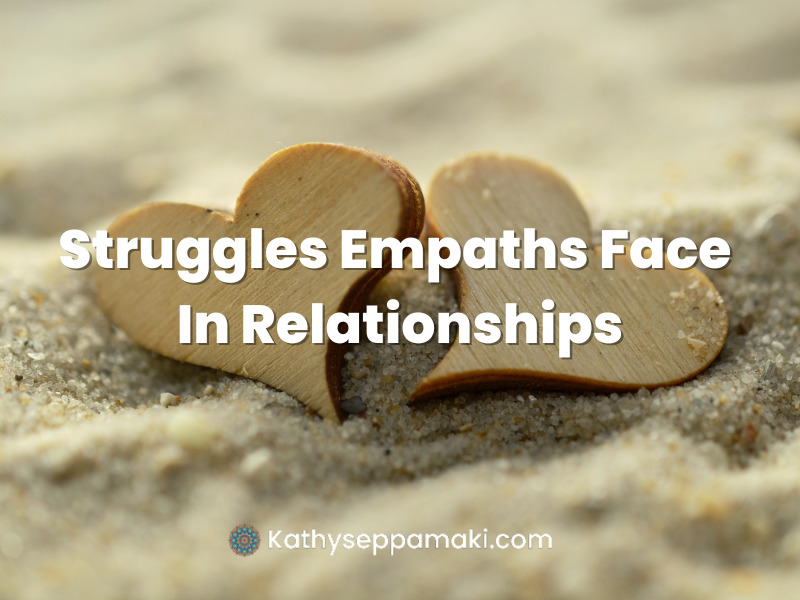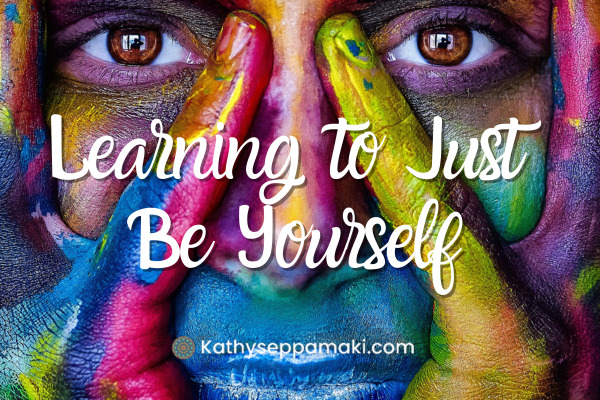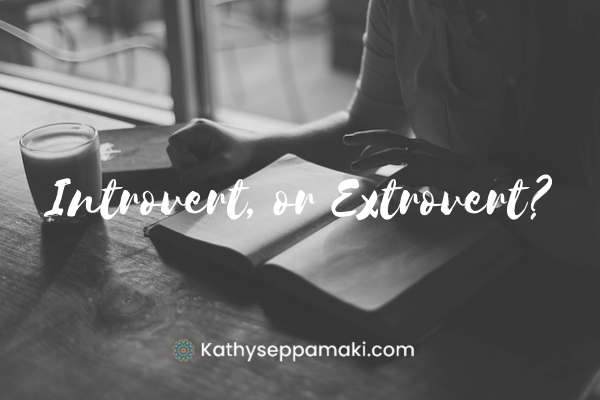Notice: I’m an affiliate for Amazon as well as other companies. Any links in this article may be affiliate links. I always appreciate it if you purchase something using my affiliate links. Doing so helps me to raise a little extra money that pays for the costs of running this site. And it allows me to continue bringing you quality content, all without costing you a thing! Thanks!
Empaths, individuals who possess a heightened ability to perceive and absorb the emotions of those around them, often find themselves facing unique challenges in relationships. While being an empath can be a gift, allowing for deep connections and understanding, it can also be overwhelming and draining. In this blog post, we will explore the challenges empaths encounter in relationships and provide strategies to help them navigate these hurdles while maintaining emotional balance and healthy boundaries.
Absorbing Others’ Emotions
One of the primary challenges faced by empaths in relationships is the tendency to absorb the emotions of their partners, friends, or family members. This emotional sponge effect can be both exhausting and confusing. Empaths may find themselves feeling overwhelmed, anxious, or even depressed due to the constant influx of emotions. It becomes essential for empaths to develop strategies to distinguish their own emotions from those they absorb from others. Practicing mindfulness, self-awareness, and emotional detachment techniques can help empaths establish a sense of emotional autonomy while preserving their empathic nature.
Boundary Setting in Relationships
Empaths often struggle with setting and maintaining healthy boundaries in relationships. They have an innate desire to help and support others, sometimes to the extent of neglecting their own needs. This can lead to emotional burnout and a sense of being taken advantage of. Learning to set clear boundaries is crucial for empaths. They need to establish limits on how much emotional energy they can give and take proactive steps to communicate their boundaries to their loved ones. Honest and open conversations about personal needs, limitations, and self-care practices can foster understanding and create a mutually supportive dynamic.
Emotional Overload
In highly charged emotional situations, such as conflicts or confrontations, empaths can become overwhelmed by the intensity of emotions. They may find it challenging to navigate these situations without becoming overly affected or triggered. Developing emotional resilience is key for empaths in managing these overwhelming moments. Techniques such as deep breathing, grounding exercises, and creating a safe space for emotional expression can help empaths stay centered amidst emotional storms. Additionally, seeking professional support from therapists or counselors can provide valuable guidance and coping strategies to manage emotional overload effectively.
Codependency and Toxic Relationships
Empaths’ natural inclination to care for others can make them susceptible to falling into codependent or toxic relationships. They may find themselves attracted to individuals who rely heavily on their empathy and compassion, draining their emotional resources. Recognizing the signs of codependency and toxic dynamics is crucial for empaths to protect their well-being. Developing a strong sense of self-worth, practicing self-love, and seeking healthy relationships based on mutual support and respect are essential steps in breaking free from codependent patterns.
While being an empath can be a beautiful and enriching quality, it also presents unique challenges in relationships. Navigating these challenges requires empaths to develop self-awareness, establish healthy boundaries, and prioritize self-care. By understanding the tendencies to absorb others’ emotions, setting clear boundaries, managing emotional overload, and avoiding codependent relationships, empaths can create fulfilling and balanced connections with others. It is essential for empaths to recognize the importance of their own well-being and actively work towards maintaining emotional balance in order to thrive in their relationships and lead a fulfilling life as empathic individuals.
How Empaths Can Be Healthier In Relationships
Being healthier in relationships as an empath involves implementing various strategies to protect your well-being and maintain emotional balance. Here are some key practices for empaths to cultivate healthier relationships:
Self-Care
Prioritize self-care as a non-negotiable aspect of your daily routine. Engage in activities that recharge and rejuvenate you, such as spending time in nature, practicing mindfulness or meditation, pursuing hobbies, or engaging in creative outlets. Nurturing yourself allows you to replenish your energy and better support others.
Set Clear Boundaries
Establishing and maintaining healthy boundaries is crucial for empaths. Communicate your needs and limitations to your loved ones, clearly expressing what is acceptable and what is not. This includes being honest about your emotional capacity and learning to say “no” when necessary. Remember, setting boundaries is an act of self-respect and protects your emotional well-being.
Practice Emotional Detachment
While empathy is a powerful gift, it’s important to learn how to detach from others’ emotions to maintain your own emotional equilibrium. Practice mindfulness techniques to stay grounded in the present moment and avoid becoming entangled in other people’s emotional states. Develop a sense of discernment between your emotions and those you absorb from others.
Cultivate Supportive Relationships
Surround yourself with individuals who understand and appreciate your empathic nature. Seek out friends and partners who can provide mutual support and understanding. Healthy relationships involve a balance of give and take, where both parties contribute to each other’s well-being. Avoid one-sided relationships that drain your energy or exploit your empathic abilities.
Develop Emotional Resilience
Building emotional resilience helps empaths navigate challenging situations without becoming overwhelmed. Explore coping mechanisms such as deep breathing exercises, journaling, practicing self-reflection, or seeking therapy. These tools can help you process emotions effectively and maintain a sense of stability during intense emotional experiences.
Prioritize Self-Reflection
Regularly engage in self-reflection to gain deeper insights into your own emotions, needs, and triggers. Understand your personal patterns and vulnerabilities to become more self-aware. This self-knowledge empowers you to make informed decisions and choose relationships that align with your values and well-being.
Seek Professional Support
Consider working with a therapist or counselor who specializes in empathic individuals. Professional guidance can provide valuable tools and techniques to navigate relationships, process emotions, and develop healthy coping strategies. A therapist can also help you address any underlying emotional wounds or past traumas that may affect your relationships.
Remember, being an empath is a unique gift, and your well-being should be a top priority. By implementing these practices, you can cultivate healthier and more fulfilling relationships while maintaining emotional balance.
Do you think you may be an empath or highly sensitive person, but aren’t sure? Take my simple energy sensitivity quiz to find out!



